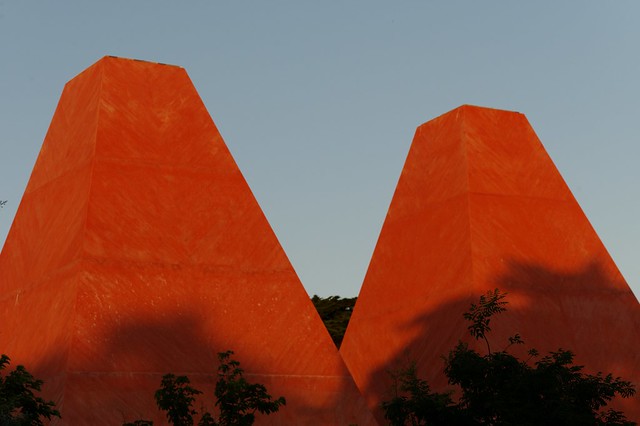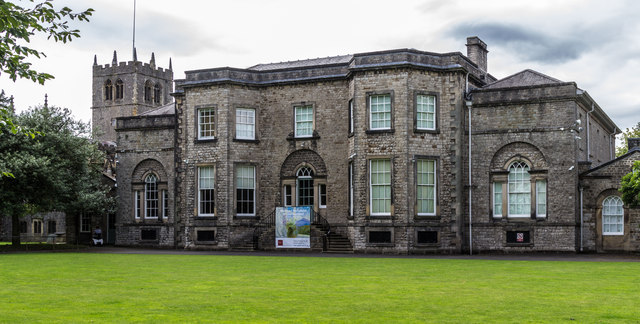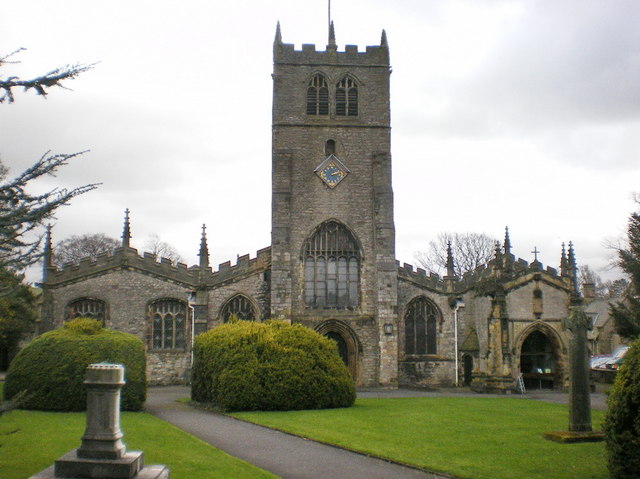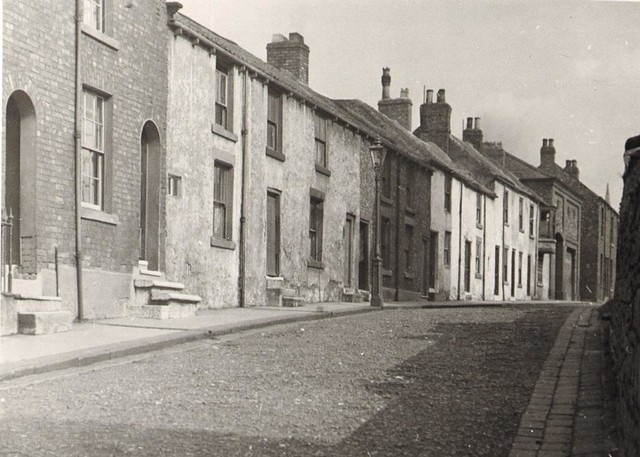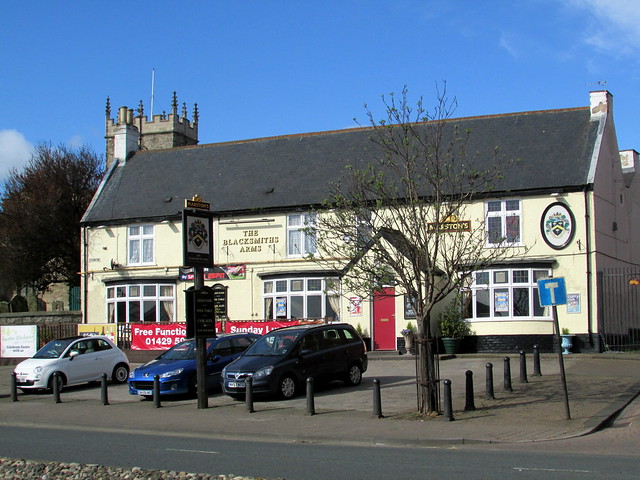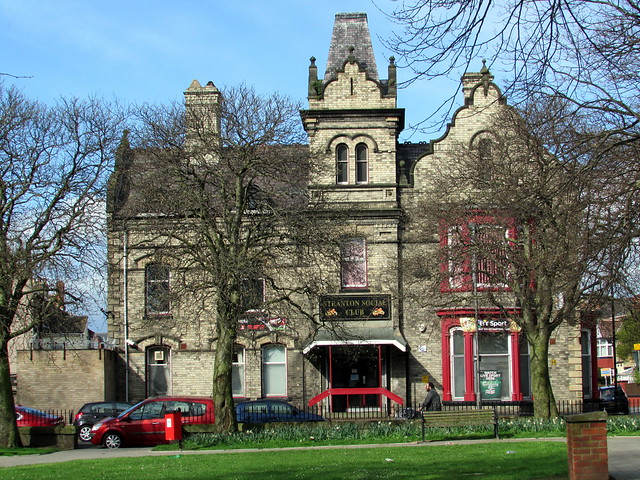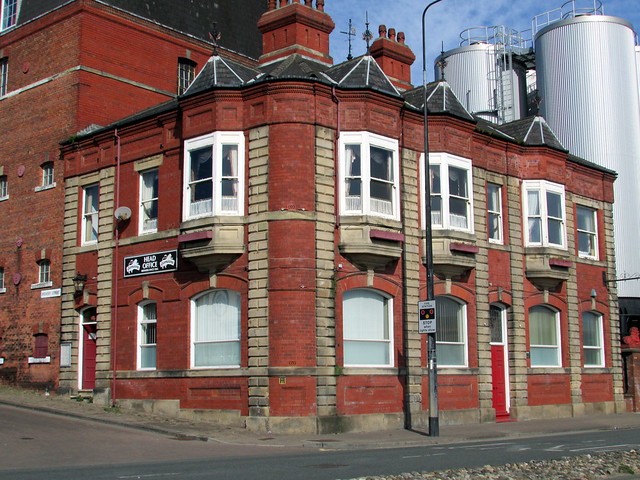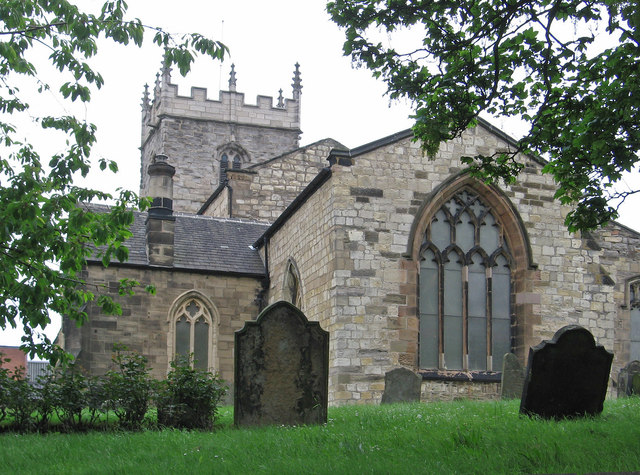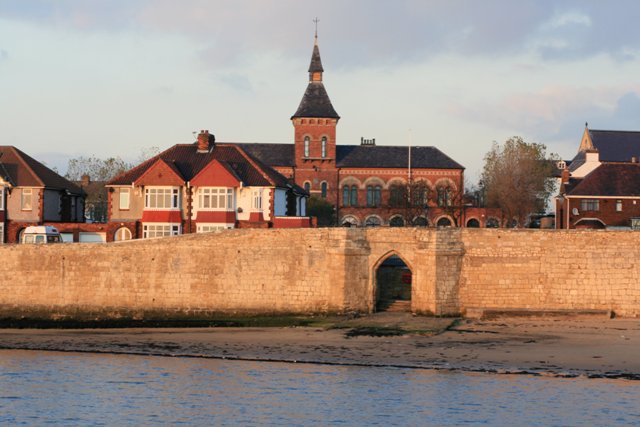"Casa das Estórias" (Paula Rego's Museum)

-
Description
Cascais, Portugal PAULA REGO Paula Rego started painting at the age of four. She was sent to Saint Julian's School, Carcavelos, Portugal before studying at the Slade School of Art where she met the artist Victor Willing, whom she eventually married. Career Her work often gives a sinister edge to storybook imagery, emphasizing malicious domination or the subversion of natural order. She deals with social realities that are polemic, an example being her important Triptych (1998) on the subject of abortion, now in the collection of Abbot Hall Art Gallery in Kendal. Rego's style is often compared to cartoon illustration. As in cartoons, animals are often depicted in human roles and situations. Her later work adopts a more realistic style, but sometimes keeps the animal references — the Dog Woman series of the 1990s, for example, is a set of pastel pictures depicting women in a variety of dog-like poses (on all fours, baying at the moon, and so on). [2] Clothes play an important role in Rego's work, as pieces of her visual story-telling. Many of the clothes worn by models and mannequins in her work are representative of the frocks she wore as a child in Portugal. Rego's thoughts on how the clothes show character are as follows: “‘clothes enclose the body and tighten it and give you a feeling of wholeness. You are contained inside your clothes. So I put them in the pictures’.[1]” In 1989, Rego was shortlisted for the Turner Prize and in June 2005 was awarded the Degree of Doctor of Letters honoris causa by Oxford University. Rego has also painted a portrait of Germaine Greer, which is in the National Portrait Gallery in London, as well as the official presidency portrait of Jorge Sampaio. Rego only ever painted one self-portrait which included her grand daughter, Grace Smart, that sold for some £300,000. [Personal Life Rego and her husband, Willing, divided their time between Portugal and England until 1975, when they moved to England permanently. In 1988, Willing died after suffering for some years from multiple sclerosis. Rego is the mother-in-law to Ron Mueck, whose career she has significantly influenced. SOUTO MOURA Eduardo Elísio Machado Souto de Moura (Porto, 25 de Julho de 1952 ) é um arquitecto português. Trabalhou com Álvaro Siza Vieira, mas cedo criou o seu próprio espaço de trabalho. Souto Moura, influenciado pela horizontalidade das linhas condutoras de Mies van der Rohe, tem nas casas o seu grande espólio de obras. É um dos expoentes máximos da chamada Escola do Porto. Formado pela Escola Superior de Belas Artes do Porto, Eduardo Souto de Moura iniciou a sua carreira colaborando no atelier de Álvaro Siza Vieira. Em 1981, recém-formado, surpreendeu a comunidade dos arquitectos vencendo o concurso para o importante projecto do Centro Cultural da Secretaria de Estado da Cultura no Porto (1981-1991) que o viria a lançar, dentro e fora de Portugal, como um dos mais importantes arquitectos da nova geração. O seu reconhecimento internacional viria a reforçar-se com a conquista do primeiro lugar no concurso para o projecto de um hotel na zona histórica de Salzburgo, na Áustria, em 1987. A partir da Casa em Cascais, realizada em 2002, começou a afastar-se da linguagem miesziana que o definiu numa primeira fase da sua obra, começando a redesenhar a forma de construir e criar arquitectura através da complexidade e dinamismo de formas, mas sempre com o cuidado do desenho espacial habitual. Exemplo disso é o Estádio Municipal de Braga, onde o imaginário de teatro e o cenário da pedreira, onde a obra foi edificada, nada nos remetem às primeiras obras do arquitecto, mas muito mais a uma segunda etapa que dá, agora, os primeiros passos. Tem nestes anos recentes dado alguns passos no campo do design de produto. -
Owner
pedrosimoes7 -
Source
Flickr (Flickr) -
License
What does this mean? Attribution License
-
Further information
Link: https://www.flickr.com/photos/46944516@N00/7571197386/
Resource type: Image
Added by: Simon Cotterill
Last modified: 4 years, 12 months ago
Viewed: 486 times
Picture Taken: 2012-07-14T20:36:30 -
Co-Curate tags
